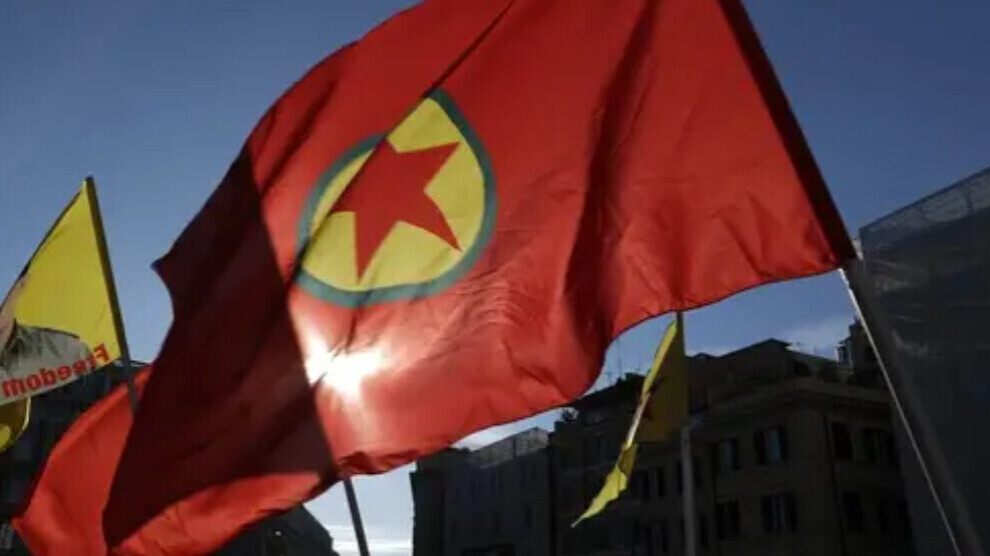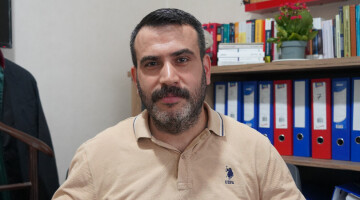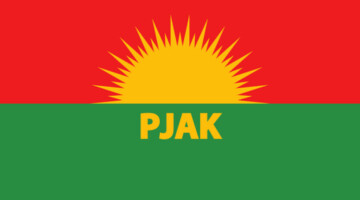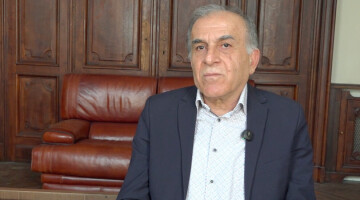A joint appeal hearing took place in the Court of Justice of the European Union (CJEU) in Luxembourg amid hopes that the terrorist designation may finally be lifted after years of legal wrangling.
The PKK was first included on the list of terror organisations by the EU in 2002 as it adopted a UN Security Council resolution agreed in the aftermath of the 9/11 attacks in the US.
It is updated every six months with the various names used by the Kurdish resistance group added to the listings on each review.
Supporters have consistently argued that the PKK is not a terrorist organisation and in 2018 the CJEU found that the EU Council of Ministers had not provided enough evidence to justify the listing.
In 2021, the EU lodged a successful appeal against the 2018 decision and the court ordered the case to be heard again. Two cases were bundled together in yesterday’s hearing.
A precedent has been set following a ruling by the Belgian Court of Cassation in January 2020 which found that the PKK was a state actor in a civil war against the Turkish state, lawyers argued.
This important decision meant that, according to the Belgian judge, its actions could not be judged as terrorism, but instead were governed by the rules of war.
The evidence presented against the PKK yesterday was merely a “copy and paste” from a previous decision eight years ago, the court heard, as the judge told lawyers for the EU that its report must be updated.
Britain is the only country officially backing the Council of Ministers in the case against the PKK, a move critics say is at the behest of the United States.
“It is like they are like the US lapdog, doing its bidding for them in the court,” an observer to the hearing told the Morning Star.
During a terse exchange, the judge reminded lawyers that the hearing is about the European Union designation not the opinion of Washington.
According to the British-based organisation Peace in Kurdistan, removing the PKK from the list of terrorist organisations is essential in bringing peace and resolving the so-called Kurdish question.
“Turkey uses this designation to hide behind its attacks on Kurds across the whole region and justifies the bombing of hospitals and refugee camps by saying they are harbouring terrorists.
“Delisting the PKK is crucial in bringing an end to the wars being waged by Turkey and the criminalisation of the Kurdish people.
“Kurds have a right to resist what is an attempted genocide by the Turkish state,” a spokesperson for the group told the Morning Star, calling for support for the delisting of the PKK.
This position is backed by Tory MP Crispin Blunt, who has been vocal in support for delisting the PKK along with the rights of the Palestinian resistance in the occupied territories.
But the government, of which he is a part of, disagrees, insisting that Britain has “shared interests in defence, trade, regional stability” with Turkey.
“We don’t share the view there are grounds to un-prescribe the PKK,” Minister of State for Asia and the Middle East Amanda Milling told a Westminster debate last November.
A judgement is not expected for a few months and it is unlikely the PKK will be delisted, according to lawyers involved in the case.
In the meantime, a campaign in support of the PKK continues to gather pace with thousands signing a petition calling for the proscription to be lifted.












